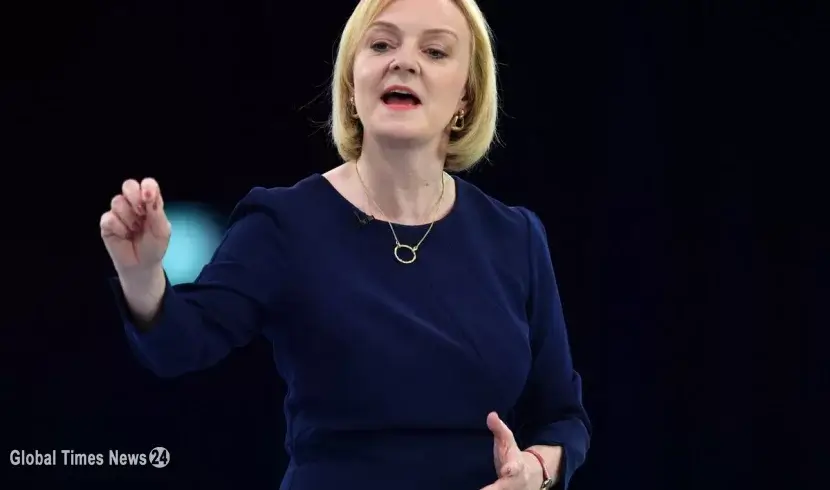As part of taking a tougher approach to Beijing, The Times UK has reported that China will be classified as a “threat” to national security for the first time under plans by Liz Truss. The foreign secretary has promised that she will reshape the foreign policy if she becomes prime minister. She also plans to reopen the integrated review that talks about what British's priorities should be in terms of diplomacy and defence over the next decade.
According to her allies, if the move happens, China will be elevated to a similar status as Russia, which the review defines as an “acute threat”.
In the review, China was described as a “systemic competitor” and a country the UK should deepen its trading relationship with. However, it needs to be wary of the risks it might pose to national security. “Open trading economies like the UK will need to engage with China and remain open to Chinese trade and investment, but they must also protect themselves against practices that have an adverse effect on prosperity and security,” it said.
This change being initiated by Truss is part of an attempt to clamp down on the Treasury’s efforts to strengthen economic co-operation with Beijing.
Truss's opponent and former chancellor Rishi Sunak got quite near to signing trade agreements to make the UK the “market of choice” for Chinese companies, The Times had revealed last month. However, in contrast, Truss is expected to prioritise national security considerations over economic co-operation. The crackdown on democracy in Hong Kong and the treatment of Uighur Muslims in Xinjiang province are the primary factors for this change.
“There will be no more economic partnerships. That was all meant to be suspended after Hong Kong,” a Truss ally said. This change in stance is also in stark contrast to relations under David Cameron’s government. President Xi was welcomed to Britain on an official state visit during his tenure.
US secretary of state Antony Blinken had called China the biggest threat to the international rules-based order a few months back. Notably, US-China tensions are high following Speaker of the House of Representatives Nancy Pelosi's visit to Taiwan this month. Beijing claims Taiwan as its territory and is against any attempts to view it as an independent country.
A Truss campaign source told The Times UK, “Liz has toughened the UK’s stance on Beijing since becoming foreign secretary and would continue to take a hawkish stance as PM. She’s been active in calling out China’s economic coercion, working with G7 and other allies to mobilise investment into low and middle-income countries as a counter to China’s Belt and Road initiative.”
News ID : 1185


 Hundreds March in Belgrade to Express Solidarity with Ukraine
Hundreds March in Belgrade to Express Solidarity with Ukraine
 Biden has no plans to travel to Kyiv
Biden has no plans to travel to Kyiv
 Fresh US-UK Airstrikes Hit Houthi Sites in Yemen
Fresh US-UK Airstrikes Hit Houthi Sites in Yemen
 Protesters Organize Event at New York Art Museum in Solidarity with Gaza
Protesters Organize Event at New York Art Museum in Solidarity with Gaza
 Saudi Arabia detains hundreds of public servants over corruption claims
Saudi Arabia detains hundreds of public servants over corruption claims
 If Ukraine can have an international brigade, why can't Palestine and Syria?
If Ukraine can have an international brigade, why can't Palestine and Syria?
 Despite Biden's vows, Yemen starves
Despite Biden's vows, Yemen starves
 How the FAA went to war against 5G
How the FAA went to war against 5G
 Who was Shireen Abu Akleh; How was she martyred
Who was Shireen Abu Akleh; How was she martyred
 Kiss of Ashgabat
Kiss of Ashgabat
